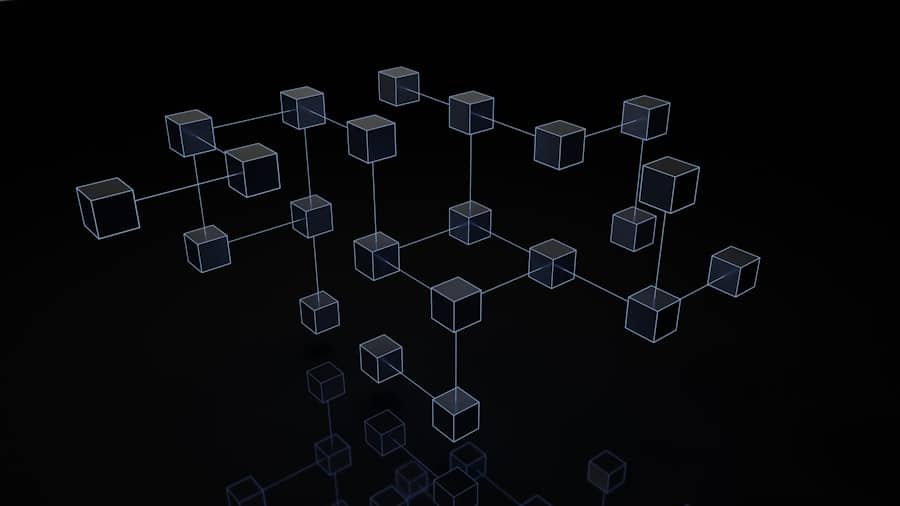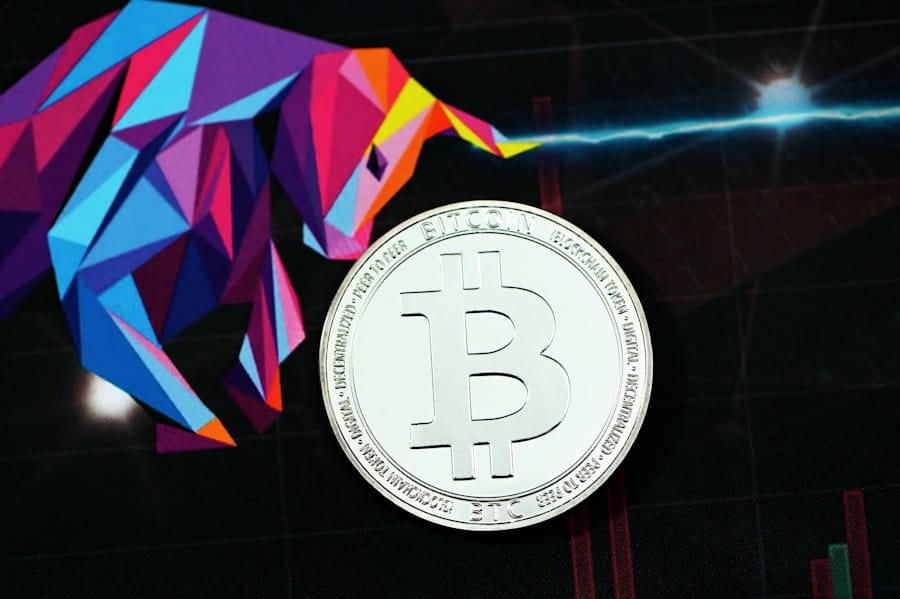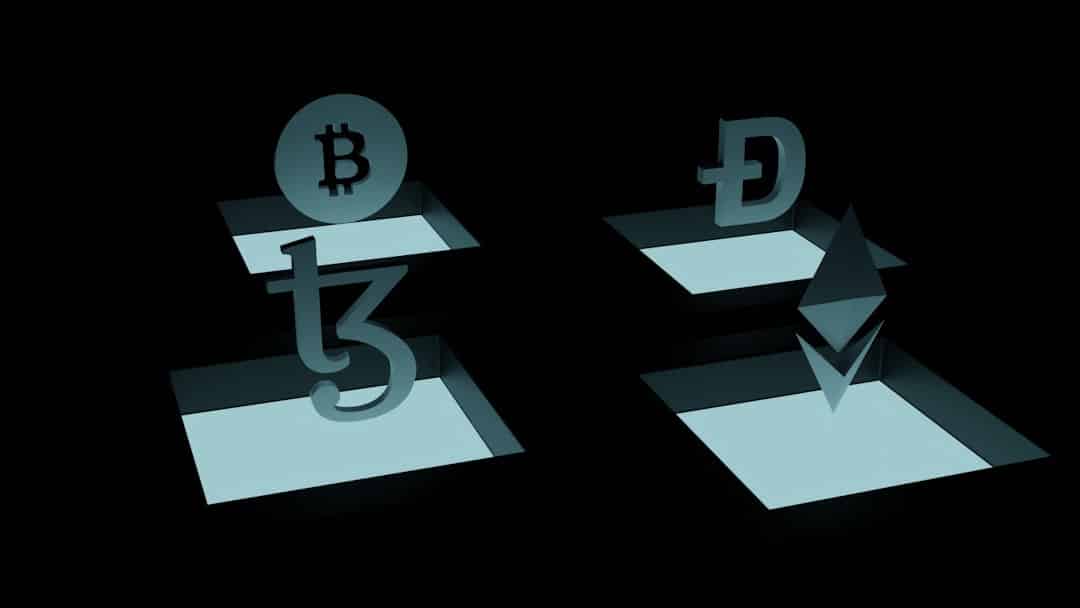In recent years, the digital landscape has witnessed a significant shift towards decentralized solutions, particularly in the realm of cloud storage. Traditional cloud storage services, such as those offered by major tech companies, typically rely on centralized servers to store user data. This model presents various challenges, including concerns over data privacy, security vulnerabilities, and the potential for service outages.
In contrast, decentralized cloud storage leverages a distributed network of nodes to store data, thereby enhancing security and user control. This innovative approach not only empowers individuals with greater ownership of their data but also fosters a more resilient and efficient storage ecosystem. Decentralized cloud storage operates on the principle of distributing data across multiple locations rather than relying on a single point of failure.
By utilizing peer-to-peer networks, users can share their excess storage capacity with others, creating a collaborative environment that reduces costs and increases redundancy. This paradigm shift is made possible through advancements in blockchain technology, which provides the necessary infrastructure for secure and transparent data management. As we delve deeper into the intricacies of decentralized cloud storage, it becomes evident that this model holds the potential to revolutionize how we think about data ownership and accessibility in the digital age.
Key Takeaways
- Decentralized cloud storage offers a new approach to storing data by utilizing a network of distributed nodes.
- Blockchain technology provides a secure and transparent way to manage and verify transactions within decentralized cloud storage systems.
- The benefits of decentralized cloud storage include increased security, lower costs, and improved data privacy.
- Blockchain plays a crucial role in ensuring data integrity, authentication, and access control in decentralized cloud storage.
- Challenges and limitations of decentralized cloud storage include scalability issues, regulatory concerns, and potential security vulnerabilities.
Understanding Blockchain Technology
Decentralized and Transparent
The decentralized nature of blockchain eliminates the need for intermediaries, allowing for direct peer-to-peer interactions. This transparency allows all users to verify transactions independently, fostering trust among participants.
Key Principles
Blockchain operates on several key principles, including immutability, transparency, and consensus mechanisms. Immutability ensures that once data is recorded on the blockchain, it cannot be changed or deleted without the agreement of the majority of participants in the network.
Applications Beyond Cryptocurrency
These foundational elements make blockchain an ideal candidate for applications beyond cryptocurrency, including decentralized cloud storage solutions. The use of consensus mechanisms, such as Proof of Work or Proof of Stake, ensures the integrity of the network and validates transactions.
The Benefits of Decentralized Cloud Storage

Decentralized cloud storage offers numerous advantages over traditional centralized systems. One of the most significant benefits is enhanced security. In a decentralized model, data is fragmented and distributed across multiple nodes, making it exceedingly difficult for malicious actors to compromise the entire system.
Even if one node is breached, the data remains secure on other nodes, reducing the risk of data loss or theft. This level of security is particularly crucial in an era where data breaches and cyberattacks are increasingly common. Another notable benefit is increased user control over data.
In traditional cloud storage models, users often relinquish ownership of their data to service providers, who may have the authority to access or manipulate it. Decentralized cloud storage empowers users by allowing them to retain full control over their data. They can choose where their data is stored, who has access to it, and how it is shared.
This autonomy not only enhances privacy but also aligns with the growing demand for data sovereignty in an increasingly interconnected world.
The Role of Blockchain in Decentralized Cloud Storage
Blockchain technology plays a pivotal role in enabling decentralized cloud storage solutions. By providing a secure and transparent framework for data management, blockchain enhances the overall functionality and reliability of these systems. Smart contracts, which are self-executing contracts with the terms of the agreement directly written into code, can be utilized to automate various processes within decentralized storage networks.
For instance, smart contracts can facilitate secure file sharing by ensuring that only authorized users have access to specific files. Moreover, blockchain facilitates efficient data retrieval and verification processes. When users upload files to a decentralized storage network, their data is encrypted and divided into smaller pieces before being distributed across multiple nodes.
The blockchain records metadata about these files, including their location and access permissions. This allows users to quickly locate and retrieve their files while maintaining security and privacy. The integration of blockchain technology not only streamlines operations but also instills confidence in users regarding the integrity of their stored data.
Challenges and Limitations of Decentralized Cloud Storage
Despite its numerous advantages, decentralized cloud storage is not without its challenges and limitations. One significant hurdle is scalability. As more users join decentralized networks and contribute their storage resources, managing an ever-increasing volume of data can become complex.
Ensuring that the network can handle large amounts of data while maintaining performance and reliability requires sophisticated algorithms and infrastructure. Another challenge lies in user adoption and education.
Additionally, users may be hesitant to transition from familiar centralized services to decentralized alternatives due to concerns about usability and accessibility. Overcoming these barriers necessitates comprehensive educational initiatives that inform users about the benefits and functionalities of decentralized cloud storage solutions.
Real-world Applications of Blockchain in Decentralized Cloud Storage

Addressing Challenges in Traditional Systems
Several innovative projects are currently leveraging blockchain technology to create decentralized cloud storage solutions that address existing challenges in traditional systems.
Filecoin: A Decentralized Storage Network
One prominent example is Filecoin, a decentralized storage network that incentivizes users to rent out their unused hard drive space in exchange for cryptocurrency tokens. By creating a marketplace for storage resources, Filecoin enables users to access affordable and secure storage while rewarding those who contribute their excess capacity.
Storj: Secure and Private Cloud Storage
Another noteworthy application is Storj, which utilizes blockchain technology to provide secure and private cloud storage services. Users can upload files to the Storj network, where they are encrypted and split into smaller pieces before being distributed across multiple nodes worldwide. This approach not only enhances security but also ensures that no single entity has control over user data.
A More Equitable and Efficient Cloud Storage Ecosystem
Storj’s unique model exemplifies how blockchain can facilitate a more equitable and efficient cloud storage ecosystem.
Future Trends in Decentralized Cloud Storage and Blockchain Technology
As technology continues to evolve, several trends are emerging within the realm of decentralized cloud storage and blockchain integration. One notable trend is the increasing focus on interoperability among different decentralized platforms. As various projects develop their unique ecosystems, ensuring seamless communication between these platforms will be crucial for enhancing user experience and expanding functionality.
Additionally, advancements in artificial intelligence (AI) and machine learning (ML) are likely to play a significant role in shaping the future of decentralized cloud storage. By integrating AI algorithms into these systems, users could benefit from enhanced data management capabilities, such as automated file organization and intelligent retrieval processes. This synergy between AI and blockchain could lead to more efficient and user-friendly decentralized storage solutions.
The Potential Impact of Blockchain in Decentralized Cloud Storage
The intersection of blockchain technology and decentralized cloud storage presents a transformative opportunity for how we manage and interact with our digital assets. By addressing critical issues such as security, privacy, and user control, decentralized cloud storage solutions have the potential to reshape our understanding of data ownership in an increasingly digital world. As we continue to explore this innovative landscape, it becomes clear that blockchain’s role in decentralizing cloud storage will not only enhance individual user experiences but also contribute to a more equitable digital ecosystem overall.
The ongoing development of these technologies promises exciting possibilities for both consumers and businesses alike as they navigate the complexities of data management in the 21st century.
In a recent article discussing the potential of blockchain in decentralized cloud storage, it is interesting to note the growing trend of affiliate marketing on TikTok.

